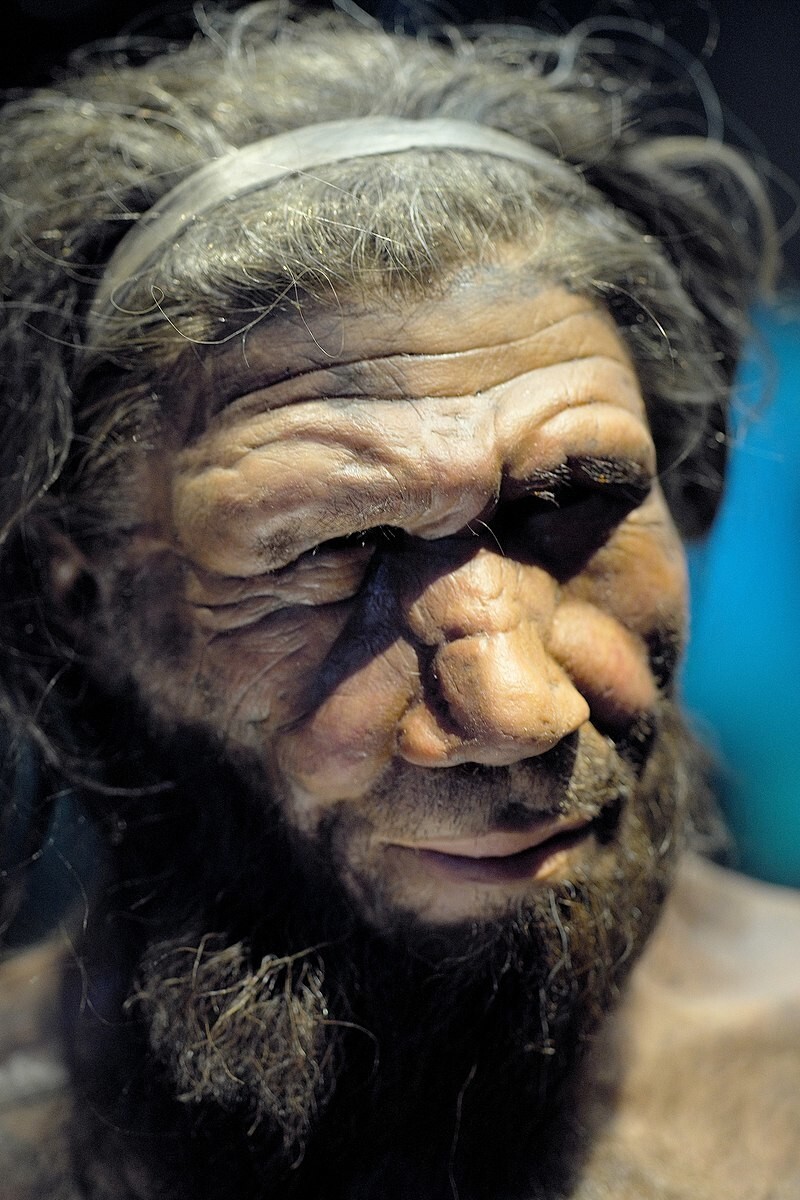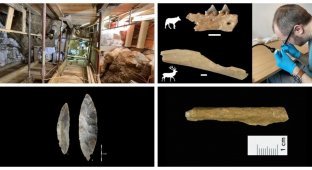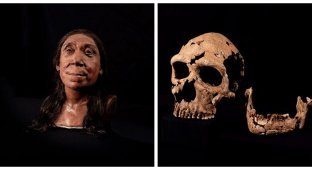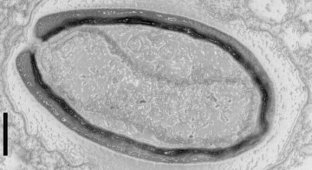The oldest human viruses were found in the remains of Neanderthals (3 photos)
Scientists from the Federal University of Sao Paulo have discovered the oldest known human viruses in the bones of Neanderthals. The age of the remains is more than 50 thousand years. 
The team examined DNA sequencing data from two Neanderthals and found traces of papillomavirus, adenovirus, and other infectious agents. Both prehistoric people were men, their remains were found in the Chagyrskaya Cave in Russia.
Experts have long speculated that viruses may have caused the extinction of Neanderthals, and the latest discovery may confirm the theory. 
Neanderthals were infected with viruses that infect humans today.
Adenoviruses, for example, cause a variety of diseases - from colds to gastroenteritis. The widespread Epstein-Barr virus causes mononucleosis and multiple sclerosis. Papillomaviruses increase the risk of cervical cancer.
"These viruses could be studied for their reproductive and pathogenic properties and compared with modern counterparts," Marcelo Briones, lead author of the study, told NewScientist.
"I'm skeptical about this given the lack of a clear understanding of how viral DNA gets damaged and how to repair fragments into a complete genome," he added. "It's also important to consider the host-virus interaction, especially in a completely different environment." 
The remains were found in Altai in 2022 and belonged to a group of nine people with common DNA, which means they are related. The researchers found that the viral traces did not come from animals or modern humans.
This doesn't mean that viruses alone led to the extinction of a close human relative, but the data supports the theory.
“To support a provocative and interesting hypothesis, it was necessary to prove that the Neanderthal remains contain the genomes of these viruses. That’s what we did,” Briones concluded.






























